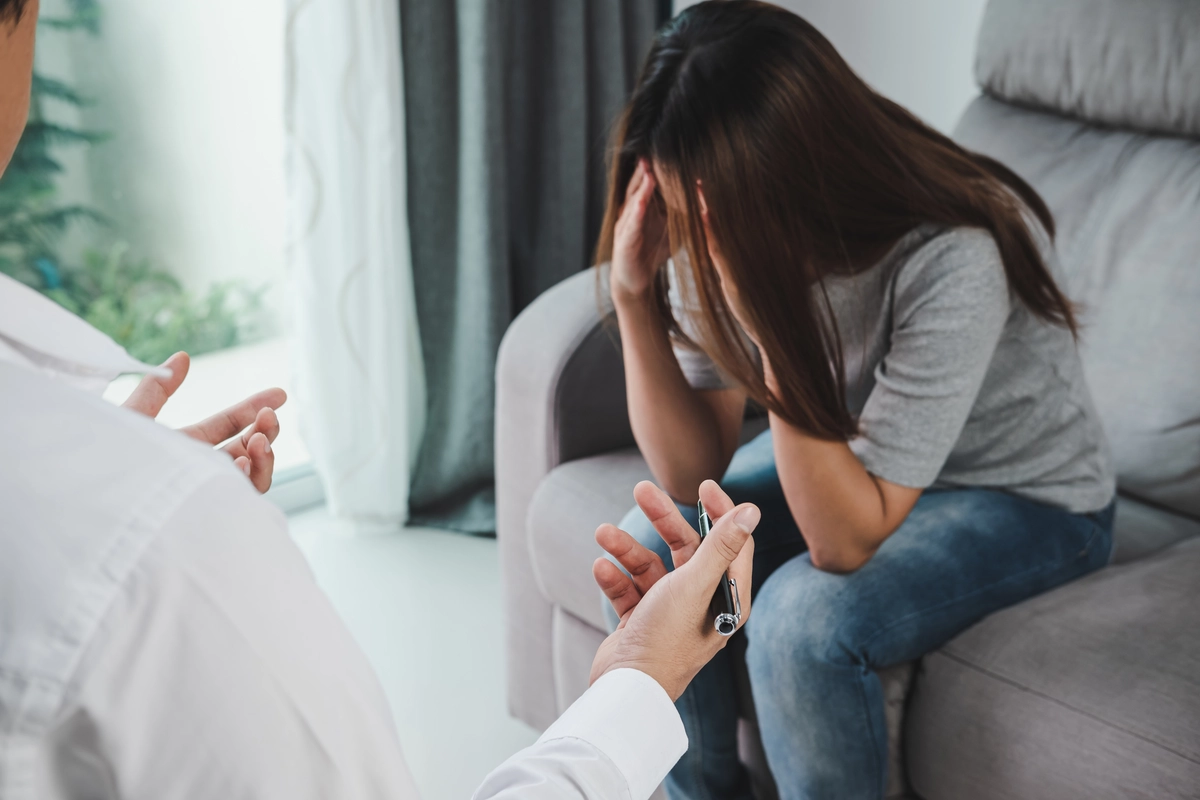24/7 Helpline:
(866) 899-111424/7 Helpline:
(866) 899-1114
Learn more about Bipolar Disorder Treatment centers in Commerce
Bipolar Disorder Treatment in Other Cities



New Vision Counseling
New Vision Counseling, located in Sikeston, Missouri, offers behavioral health care and mental healt...

Gibson Recovery Center
Gibson Recovery Center is a non-profit rehab located in Sikeston, Missouri. Gibson Recovery Center s...

Awakenings
Awakenings is a private rehab located in Kelso, Washington. Awakenings specializes in the treatment ...

































Bootheel Counseling Services
Bootheel Counseling Services offers outpatient counseling services for individuals or families strug...

Fair Havens Recovery Center
Fair Havens Recovery Center is a private rehab located in Sikeston, Missouri. Fair Havens Recovery C...

Kelso Treatment Solutions
Kelso Treatment Solutions is a private rehab located in Kelso, Washington. Kelso Treatment Solutions...













































Other Insurance Options

Access to Recovery (ATR) Voucher

Holman Group

Providence

Premera

UMR

ComPsych

PHCS Network

Horizon Healthcare Service

Medical Mutual of Ohio

American Behavioral

AllWell

Private insurance

Ambetter

Health Net

Optum

Molina Healthcare

Choice Care Network

Coventry Health Care

Anthem

Health Choice